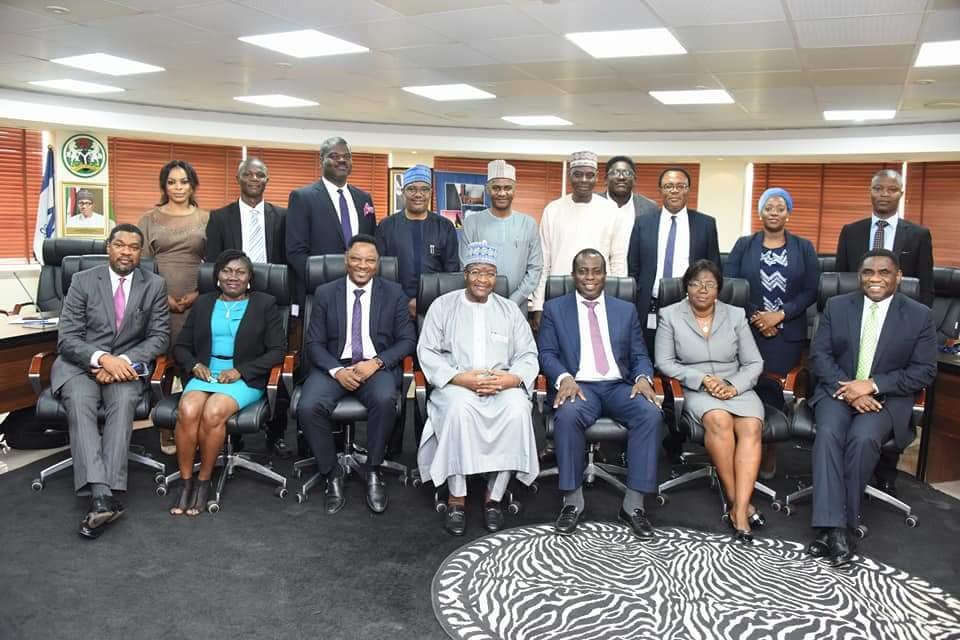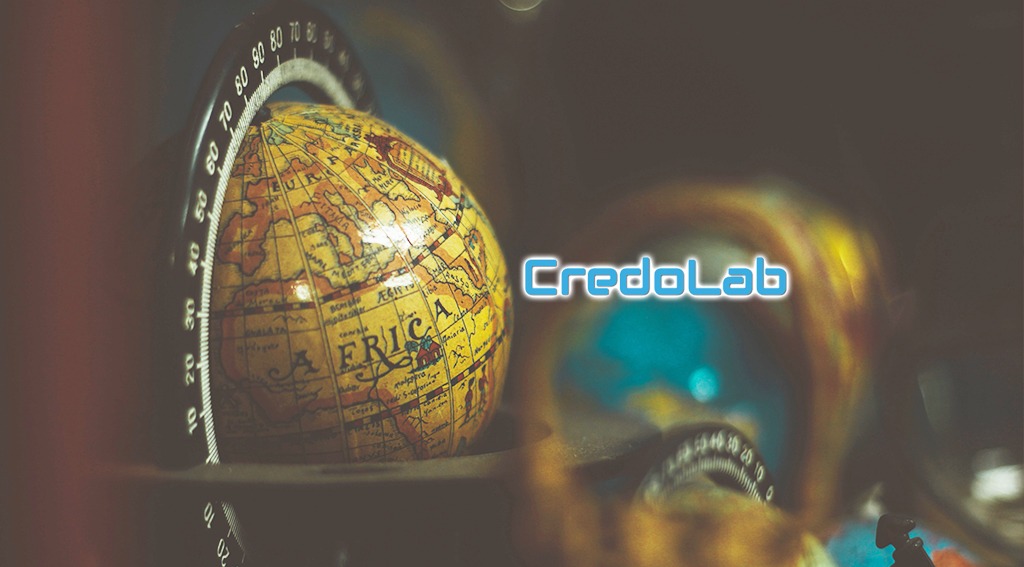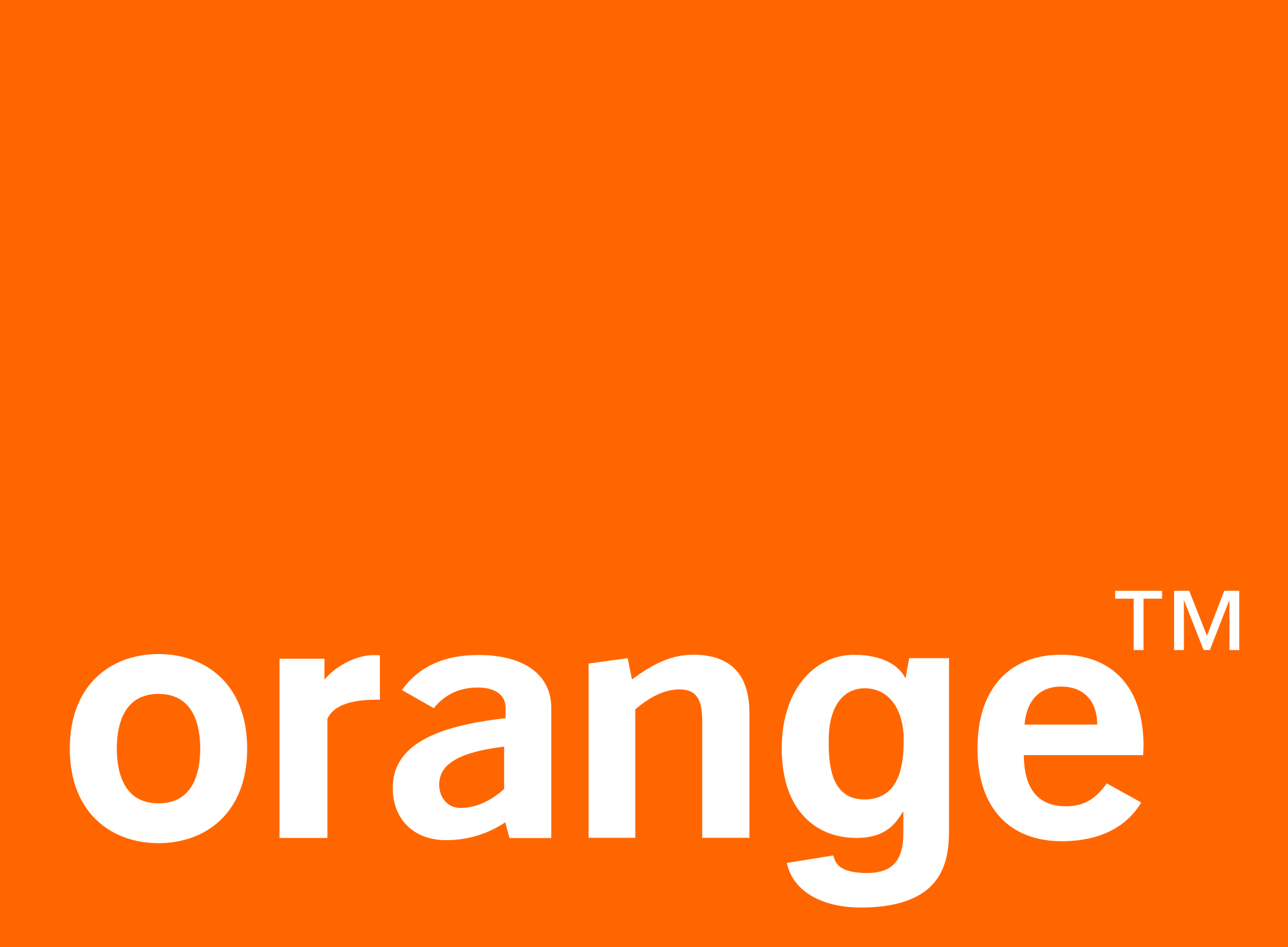Contrary to speculations that the National Broadcasting Commission (NBC) is only serious in empowering the Signal Distributors to install transmission infrastructure for the regional rollout of Digital Switch Over (DSO) without plans for availability of Set Top Boxes (STBs), the chairman of DigiTeam Nigeria, Engineer Edwards Amana has revealed that local production of the device is ongoing in not less than seven indigenous companies.
In a telephone interview on Monday, he said whereas two are already producing in Abuja, there are others in Osun, Lagos and Calabar. He therefore doused the fears that the planned switchover in six states across the federation coming up very soon will be hobbled by scarcity of STBs.
Business Hilights recalls that the Director General of the agency, Mallam Is’haq Modibbo Kawu had said during a press conference in Lagos last month that whereas about 850,000 units of STBs were imported, a substantial number were manufactured locally.
Amana allayed the fears that the device will soon flood the country as more companies come on stream, hinting that with the speed of productivity, a time shall come when Nigeria will be net exporter of the device at least for the African market.
But further checks by Business Hilights in Abuja since December when the city went live on DSO showed that several households are still scampering to see STBs to buy.
Now the puzzle is if households in Abuja and Jos are still having issues in buying STBs after several months of switch on, how would the scenario play out in the six states being planned for switch on very soon?.
Some analysts had called on NBC to burst the issue local content for now and go straight for imports in other to saturate the market with the device and at a lower price as some of the foreign components for the manufacture of the device fall under plants and machinery which had been barred from easy access to forex based on the policy against 41 items listed by the apex bank.
It would be recalled that about 14 firms had since two to three years ago secured local STB production licences, but not all of them have started production.
Efforts to reach out to some licencees, including Zinox Technologies who are based in Lagos failed at press time.
Statistics show that Nigeria needs about 32 million STBs which experts say is a huge market and an encouraging factor for local investors to cash in. but three years later, none of the licencees have anything to show for local STB production.
Explaining more on why Nigeria is making progress that are worthy of emulation by other African countries, DG of NBC said “Many have misconstrued the process, assuming that on that date, (June 17, 2017) almost like a magic wand, Nigerians would wake up to find that we have switched off analogue and switched on digital television, all over our country”.
“But as I have always informed Nigerians and journalists, June 17th, 2017, is a BENCHMARK DATE for the digital switchover in our country. Our mission remains constant: to switch off analogue completely when we achieve up to 95 percent access to Free Digital Television content across our country.
Continuing, he noted that “All Nigerians are entitled to access to information, irrespective of class, creed or location; and the new technology of digital broadcasting is already enhancing access in a most revolutionary manner. That would soon become a nationwide experience for all Nigerians”.
Kawu assured that NBC will remain optimistic, hinting that “by the end of the year, at least half of the country would have access to Free Digital Television content”.
“Our timeline plan is to execute a phased implementation of 6 states, at a period. So as we conclude the six states currently in progress, we would choose another set of six states, reflecting the geo-political zones, for the next phase, until the entire country is completely covered.
“Following the successful launch of the Abuja switch over last December, we announced a plan to launch in one state from each of the six geo-political zones of Nigeria. Consequently, the following states were chosen for the next phase of the project: Kaduna in the Northwest; Gombe in the Northeast; Kwara in the North Central; Osun in the Southwest; Delta in the South-South and Enugu in the Southeast.
“I am happy to inform you that we are to launch in Ilorin Kwara state by the end of June; Kaduna by the beginning of July, these follow the completion of the installation of the transmission facilities in these locations; and subsequently, we would launch Osogbo in Osun; Enugu in Enugu state; and then Delta as well as Gombe state.
“These decisions were taken when issues around the financial commitments of the NBC to its various stakeholders had not been clearly settled. But we proceeded with the faith that the DSO was just too vital to our national progress and should not face any more delays.
He was upbeat that in respect of a specific switchover date, the countries of the ECOWAS sub-region would re-assess the issue of deadline, given that all member countries have not met the June switchover deadline.
He was however quick to point out that “It must be emphasized that the delicate nature of the DSO process, has always obliged countries to carefully manage the process to avoid problems. Most countries of the world have had to adjust their switch off dates”.
“Let me re-emphasize that one of the fears about delayed DSO transition, is the problem of trans-border signal interference from analogue transmitters. The good news is that our neighboring countries have not achieved anything close to what Nigeria has been able to do so far. As a matter of fact, none of the countries in the ECOWAS sub-region has a DSO process that matches what we have achieved in Nigeria.
Business Hilights recalls that since the appointment of Kawu on May 25, last year, at NBC, his leadership has succeeded in delivering the seamless switchover of Jos and Abuja cities, met financial commitment to stakeholders, appointed call centre managers and supervised the importation of 850,000 STBs valued at $26m.
He has also strengthened the confidence of local STB manufacturers in other to meet up the estimated 32 million boxes that will feed the nation when about 95 per cent coverage of digital terrestrial transmission (DTT).









